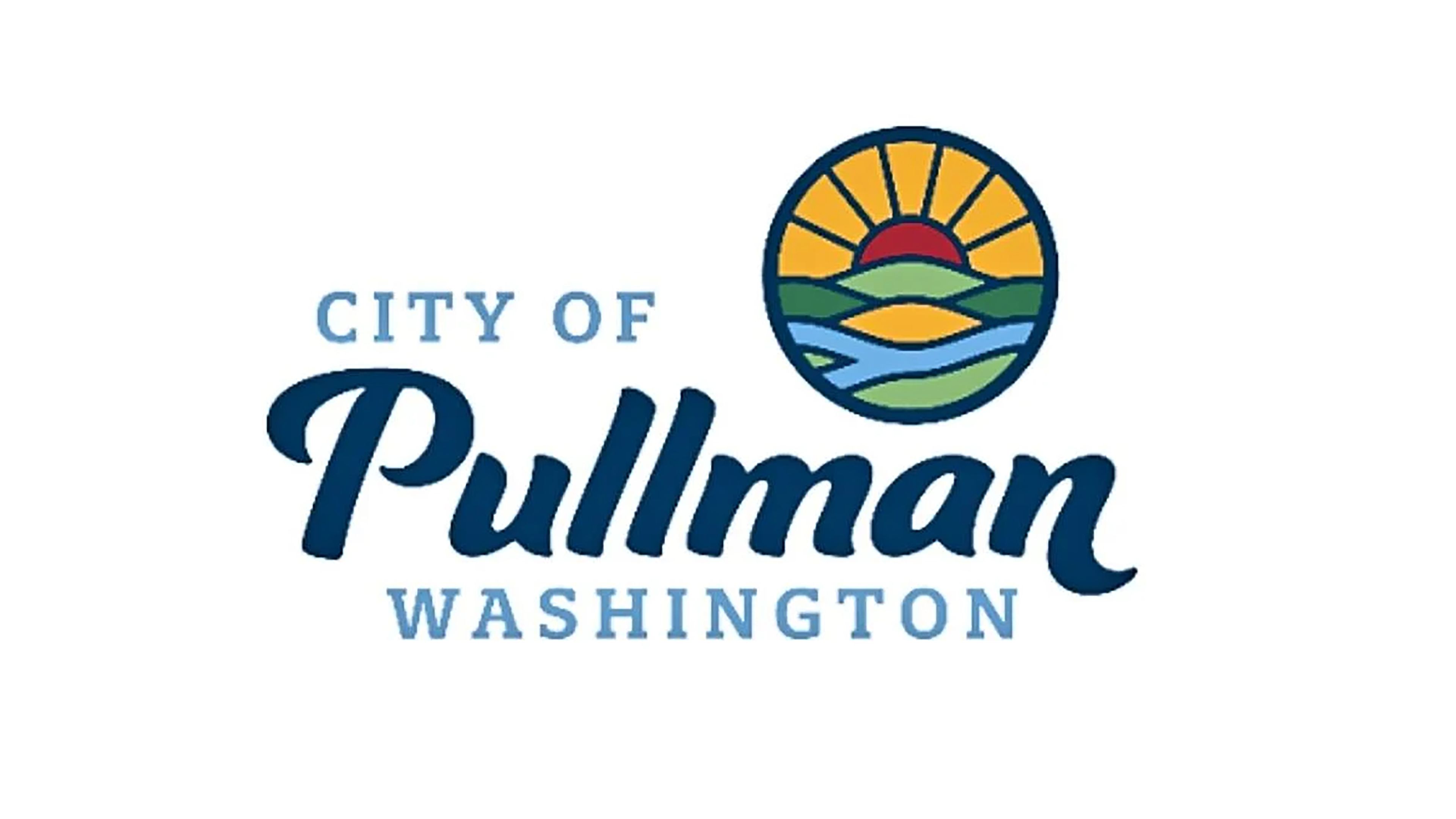I don't live in Lewiston, but I know one thing about it better than the people who do: It stinks.
I mean that not in the figurative sense, as an insult to a fine community and those who choose to make it their home. I mean it literally. The place smells bad.
That's no secret, of course. Ever since Potlatch Corp. built its pulp mill on the upstream end of town, Lewiston has been known for an aroma that some residents still describe as the smell of money, but which many outsiders would compare to something less negotiable.
The people of Lewiston are big enough to put up with the jibes of wags who think themselves superior to residents of a pulp mill town. But Lewistonians' continuing closeness to the mill and its most noticeable by-product does put them at a disadvantage to people elsewhere in one respect: Their views of the community's prospects for economic development are skewed.
If you want to attract employers, and employees, from outside an area to it, you must first understand how that area looks to those outside.
Or, in this case, how it smells.
And you don't have to drive down Lewiston Hill every weekday morning, as I do, to know how the Lewiston-Clarkston Valley smells.
Yes, people who live here know the smell, but they don't know it the way people who don't live here know it.
For one thing, they get used to it. Although I never got used to it the three years I lived on Normal Hill, people tell me it's possible to do. And I believe them. I also believe that many people here go days or even weeks without ever noticing the sulfurous stench in their nostrils.
And to a resident of the Palouse, that isn't hard to understand. As the people of Lewiston know better than I, the wind tends to blow a bit on the Palouse.
And blow. And blow. In fact, if the bamboo privacy screen on my deck were not tied down in several places to the lattice behind it, it would fray and blow away. I know that because the last screen we had there did just that.
That was just after the big blue spruce in the back yard blew over. Or was it before? I can't remember because I hardly notice the wind anymore. And it's OK with me if the wind stifles growth on the Palouse the way I believe the smell stifles growth in the valley, because I prefer the small town life. But when I hear people here talk about attracting new industries, the kind of high-wage employers like Potlatch and Blount that fuel the community and even the service economy that is enjoying a small boom right now, I hear about the rivers. Or the climate. Or the infrastructure. Or the port. Or local government's willingness to work with business.
What I don't hear about, but should, is the smell.
Similarly, when I was growing up in another pulp mill town, Tacoma, I heard about how bad it smelled only from outsiders. My elders tried to teach me that it was a good, or at least tolerable, smell, and certainly necessary.
''Ah, industry,'' my mother would exclaim as we drove across the tide flats where the mills were located, telling us youngsters holding our noses in the back seat that when she was a kid people would have been thrilled to have such an employer in their town.
But you couldn't escape the japes of people elsewhere, who immortalized the prevailing air of my town as ''the aroma of Tacoma.''
And you couldn't ignore the fact that as downtown Tacoma withered, its onetime upstart neighbor to the north, Seattle, prospered and grew. You can't attribute that solely to Tacoma's pulp odor, of course, but the smell sure didn't help turn the city around.
What eventually did turn it around really had less to do with Tacoma than with Seattle, which simply grew too big for its britches, meaning its physical constraints of lakes, mountains and Puget Sound. Left with primarily the north-south corridor as overflow room, businesses and people attracted to the Seattle area found themselves settling for Tacoma to the south, or Everett another former pulp mill town to the north.
And now, both cities are taking their places as vital components of Pugetopolis, no thanks to their former meal tickets, which like it or not were also albatrosses.








